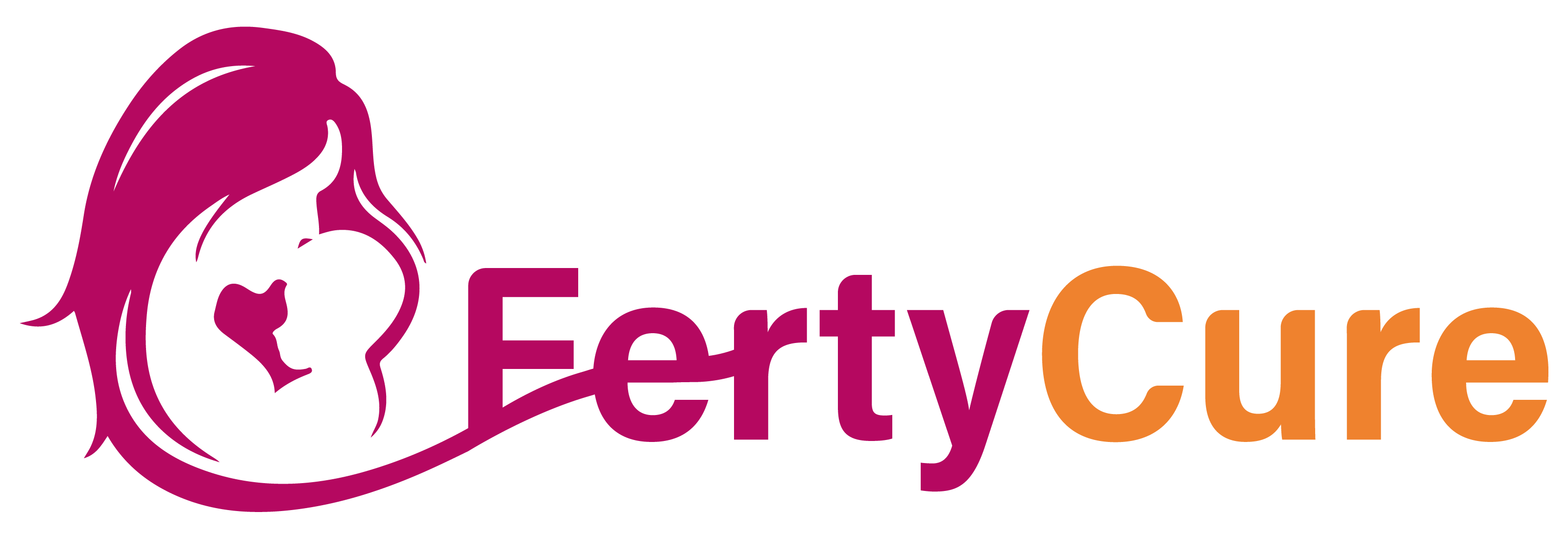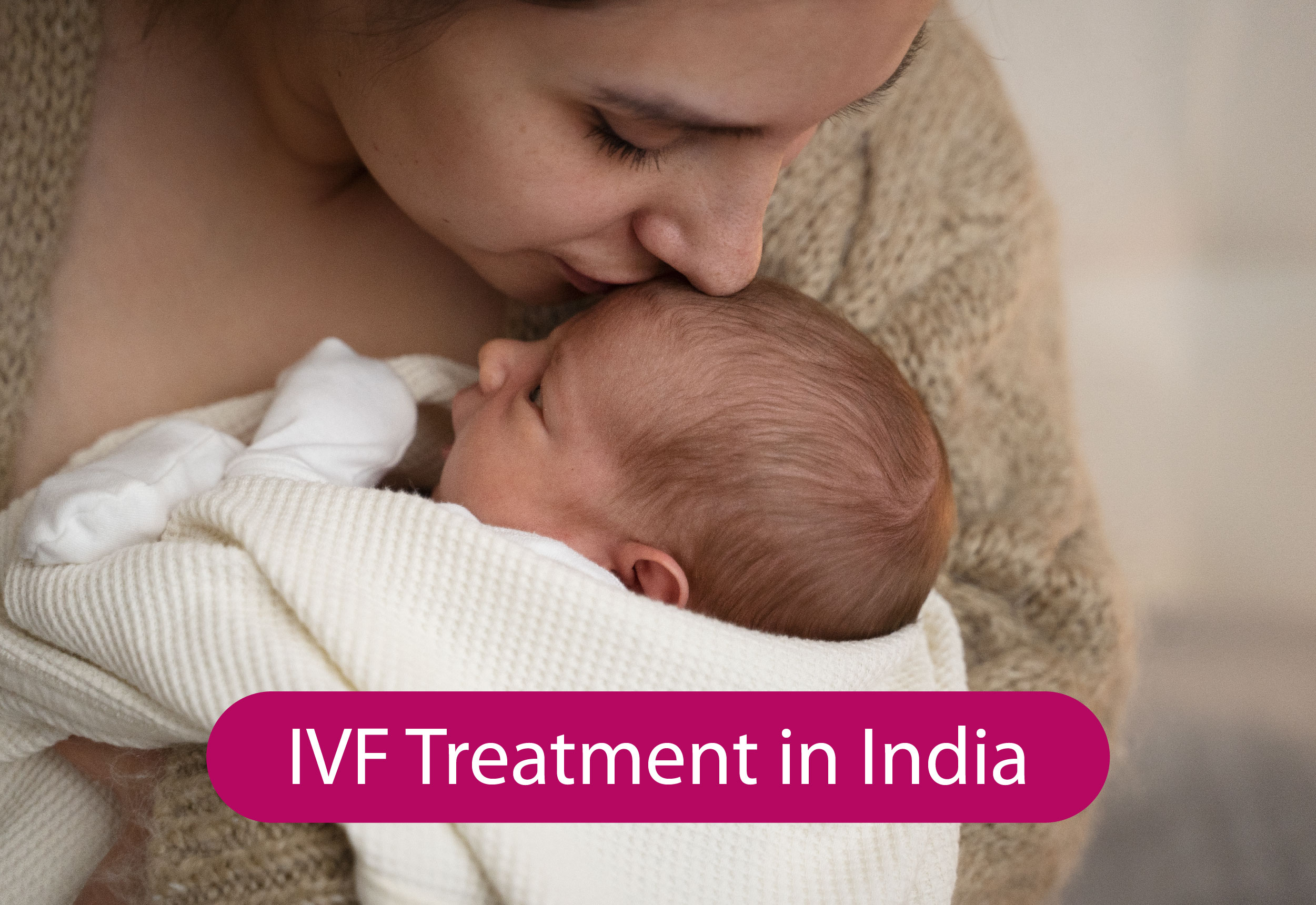Table of Contents
IVF treatment in India
India has emerged as a global hub for fertility treatments, offering world-class medical facilities, experienced professionals, and cost-effective solutions for couples struggling with infertility. Let’s delve into the intricacies of IVF (In Vitro Fertilization) treatment in India, exploring the process, benefits, and key considerations for those seeking to start their family journey.
Must Read: IVF treatment in Lajpat Nagar
Understanding IVF Treatment
IVF (In Vitro Fertilization) is an advanced reproductive technology that offers hope to couples struggling with infertility. This medical procedure involves several carefully steps to pass the natural conception obstacles. Doctors will stimulate the ovaries to produce multiple eggs, which are then carefully extracted. In a controlled laboratory, these eggs are combined with sperm, either from a partner or donor. The resulting embryos are closely monitored as they develop, with the healthiest ones selected for transfer into the uterus. This groundbreaking technique has revolutionized fertility treatment. It allows many individuals and couples to realize their dreams of parenthood when traditional methods have proven unsuccessful.
Why Choose India for IVF Treatment?
- Expertise: India boasts some of the world’s leading fertility specialists and embryologists.
- Advanced Technology: IVF Treatment centres in India are equipped with state-of-the-art facilities.
- Cost-Effectiveness: Treatment costs in India are generally less compared to Other countries.
- High Success Rates: Many Indian clinics report success rates comparable to global standards.
- Medical Tourism Infrastructure: India offers excellent support services for international patients.
The IVF Process
- Initial Consultation: The process begins with a consultation with a fertility specialist who reviews the patient’s medical history and performs diagnostic tests to determine the cause of infertility.
- Ovarian Stimulation: The patient receives hormonal injections to stimulate the ovaries to produce multiple eggs.
- Egg Retrieval:When the eggs are mature, they’ll be retrieved from the ovaries by doing minor surgical procedure.
- Fertilization: Retrieved eggs will be fertilized with sperm in a lab. This can be done using traditional IVF or Intracytoplasmic Sperm Injection (ICSI) treatment in India, where a single sperm is injected directly into an egg.
- Embryo Transfer: The best embryos are chosen and transferred into the woman’s uterus. This procedure is usually painless.
- Luteal Phase Support: Hormonal support is provided to enhance the chances of embryo implantation and pregnancy.
- Pregnancy Test: After two weeks of the embryo transfer, a pregnancy test is done to check the success of the cycle.
ICSI Treatment in India
Intracytoplasmic Sperm Injection (ICSI) is a new technology of IVF used majorly for male infertility issues. In this procedure, a single sperm injected directly into an egg for fertilization. ICSI is particularly beneficial for couples where the male partner has a low sperm count, poor sperm motility, or abnormal sperm morphology.
Indications for ICSI:
- Severe male infertility
- Previous IVF failures
- Poor quality eggs or embryos
- Low number of eggs retrieved
- Procedure: The ICSI process follows the same steps as traditional IVF but with an additional step of sperm injection. This advanced technique significantly increases the chances of fertilization, especially in cases of severe male infertility.
- Success Rates: ICSI Treatment in India, has high success rates and is widely used in IVF treatment centers. The success rates depend on various factors, including the quality of eggs and sperm and the expertise of the fertility specialist.\
Choosing the IVF Treatment Centre in India
Selecting the right IVF treatment center is crucial for a successful outcome. Here are some factors to consider:
- Accreditation and Certification: Ensure the center is accredited by national and international bodies and follows stringent quality control measures.
- Experienced Team: The center should have a team of best fertility specialists, embryologists, and supportive
- State-of-the-Art Facilities: The center should be equipped with the latest technology and facilities to provide comprehensive care.
- Transparent Pricing: The center should provide a detailed cost breakdown and be transparent about any additional costs that may arise during the treatment.
- Patient Reviews: Check for patient reviews and testimonials to gauge the center’s reputation and success rates.
Legal and Ethical Considerations
India has implemented regulations to ensure ethical practices in fertility treatments. The Assisted Reproductive Technology (Regulation) Act, 2021, provides a framework for the operation of IVF clinics and protects the rights of patients and donors.
Key points to note:
- Commercial surrogacy is banned in India
- Donation of Eggs aremanaged to protect donors and recipients
- Clinics must be registered and adhere to strict quality standards
Preparing for Your IVF Journey in India
- Research thoroughly: Understand the process and choose a reputable IVF Treatment centre in India.
- Prepare medically: Follow your doctor’s advice on lifestyle changes and pre-treatment preparations.
- Plan your stay: If traveling from abroad, arrange accommodations and local support.
- Emotional support: Consider counseling or joining support groups to manage the emotional aspects of fertility treatment.
Conclusion
IVF treatment in India offers a beacon of hope for couples struggling with infertility. With world-class facilities, experienced professionals, and advanced techniques like ICSI, India has established itself as a leading destination for fertility treatments. By choosing a reputable IVF Treatment centre in India and understanding the process thoroughly, you can embark on your journey to parenthood with confidence and optimism.
Ques: What is the success rate of IVF treatment in India?
A: Success rates vary depending on factors such as age, cause of infertility, and the specific clinic. On average, IVF success rates in top Indian clinics range from 40-50% for women under 35, decreasing with age. Always ask for clinic-specific success rates during your consultation.
Ques: What is the duration of stay needed in India for patients for IVF treatment cycle?
A: A typical IVF cycle requires about 2-3 weeks in India. This includes initial consultations, stimulation, egg retrieval, fertilization, and embryo transfer. However, some patients may need to stay longer depending on their specific treatment plan and any additional procedures required.
Ques: Is ICSI treatment in India always necessary with IVF?
A: No, ICSI is not always necessary. It’s typically recommended in cases of male factor infertility, previous IVF failures, or when there are concerns about egg quality. Your fertility specialist will advise whether ICSI is required based on your individual circumstances and diagnostic tests.

